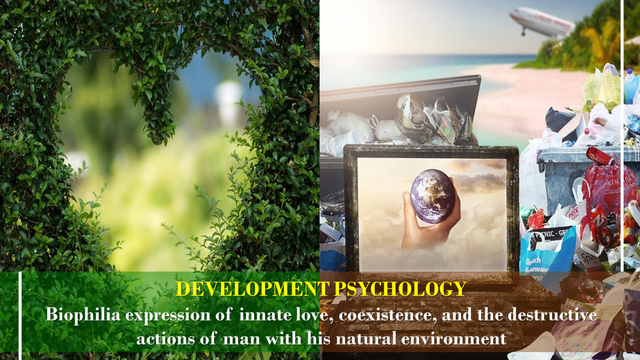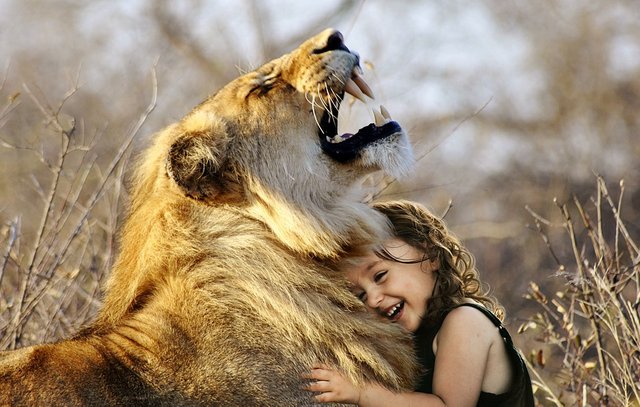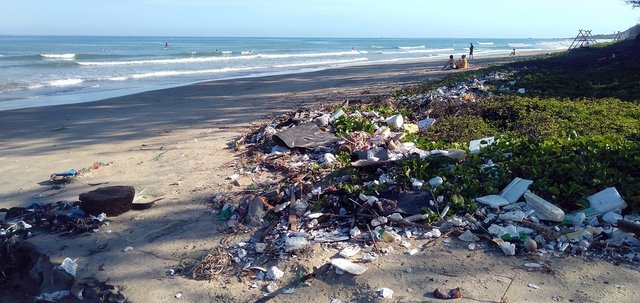
Greetings dear readers, in this new thematic delivery related to the area of the Psychology of the development, I will share with you some reflections of controversial character around the manifestations of attachment to the life, that manifests the man like expression of adhesion and true love towards the nature, and their divergent behaviors or behavioral changes of psychological profile, loaded of destructive, ambitious, and individualistic actions that have debilitated their healthy relation with the nature.

Fig. 2 Biophilia is the expression of innate love and positive coexistence between man and nature. Image of public domain, Author: Alexas, 2017
To enter into this controversial topic of man's manifestation of love with his natural environment, we will rely on the theoretical construct about the meaning of Biophilia, whose concept was formulated by the psychotherapist and philosopher Erich Fromm, when he literally posed the "Love of life" that moves man, whose interpretation was later reformulated by the biologist Edward O. Wilson, to establish the analogy between man's innate affinity and his manifest acts of love for living beings.
This approximation between the love of human beings with their environment, developed by Erich Fromm and Edward O. Wilson, allows us to place man not only as a "social animal" but also as a "natural animal", an aspect that can be verified by pondering the signs of happiness experienced by man when in contact with nature, whose connection is no more than the equivalent of the pleasure perceived by the living.

Fig. 3 Man is a "social" and "natural" animal. Image of public domain, Author: Sarah R, 2011
Another code, categorized by Erich Fromm, is the constant search of man to "mold and influence by love, by reason, by his example, not by force, not by isolating things nor by the bureaucratic way of administering people as if they were things", innate component that evidences the consciousness of respect for life.
Now, if we contrast these positive responses through the tools provided by the Psychology of Development, we will find certain divergences, when analyzing the indolence of man with respect to the progressive death of our ecosystems, which comes to make a contradictory element, which fragments and promotes the disconnection with bonds of love with Mother Nature.

Fig. 4 Man shows divergent behaviour towards the protection of natural areas. Image of public domain, Author: Sergeito K, 2020
To close, it is urgent to restore the emotional connections that lead us to consider new ways of relating to our natural environment, establishing emotional ties that are above our destructive behavior.
BIBLIOGRAPHICAL REFERENCES CONSULTED:
[1] Gullone E. The Biophilia Hypothesis and Life in the 21st Century: Increasing Mental Health or Increasing Pathology?. Journal of Happiness Studies. 2020; 1; 3: 293-322. Article: Online access
[2] Peter H. Developmental Psychology and the Biophilia Hypothesis: Children's Affiliation with Nature. Developmental Review. 1997; 17; 1: 1-61. Article: Online access